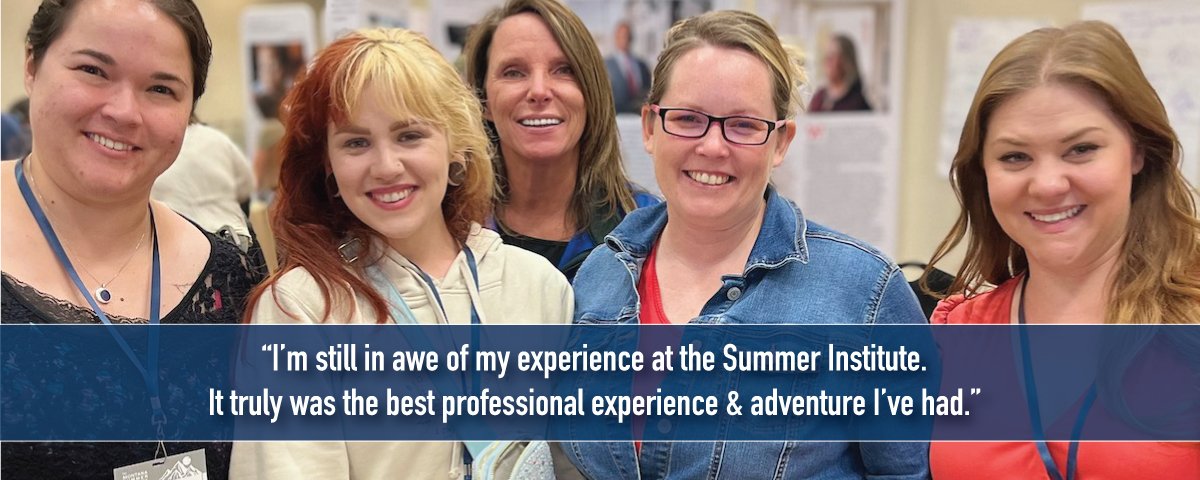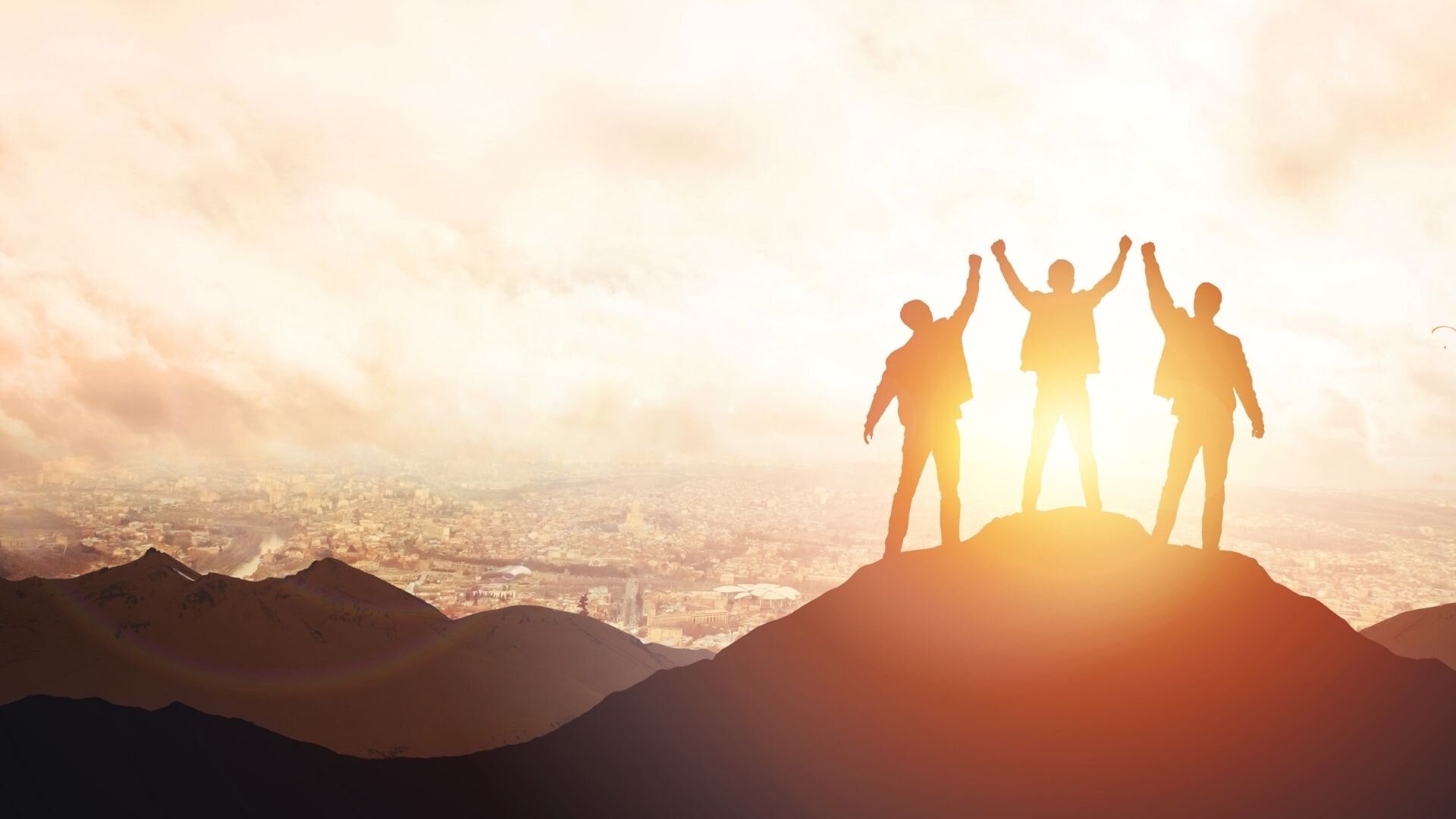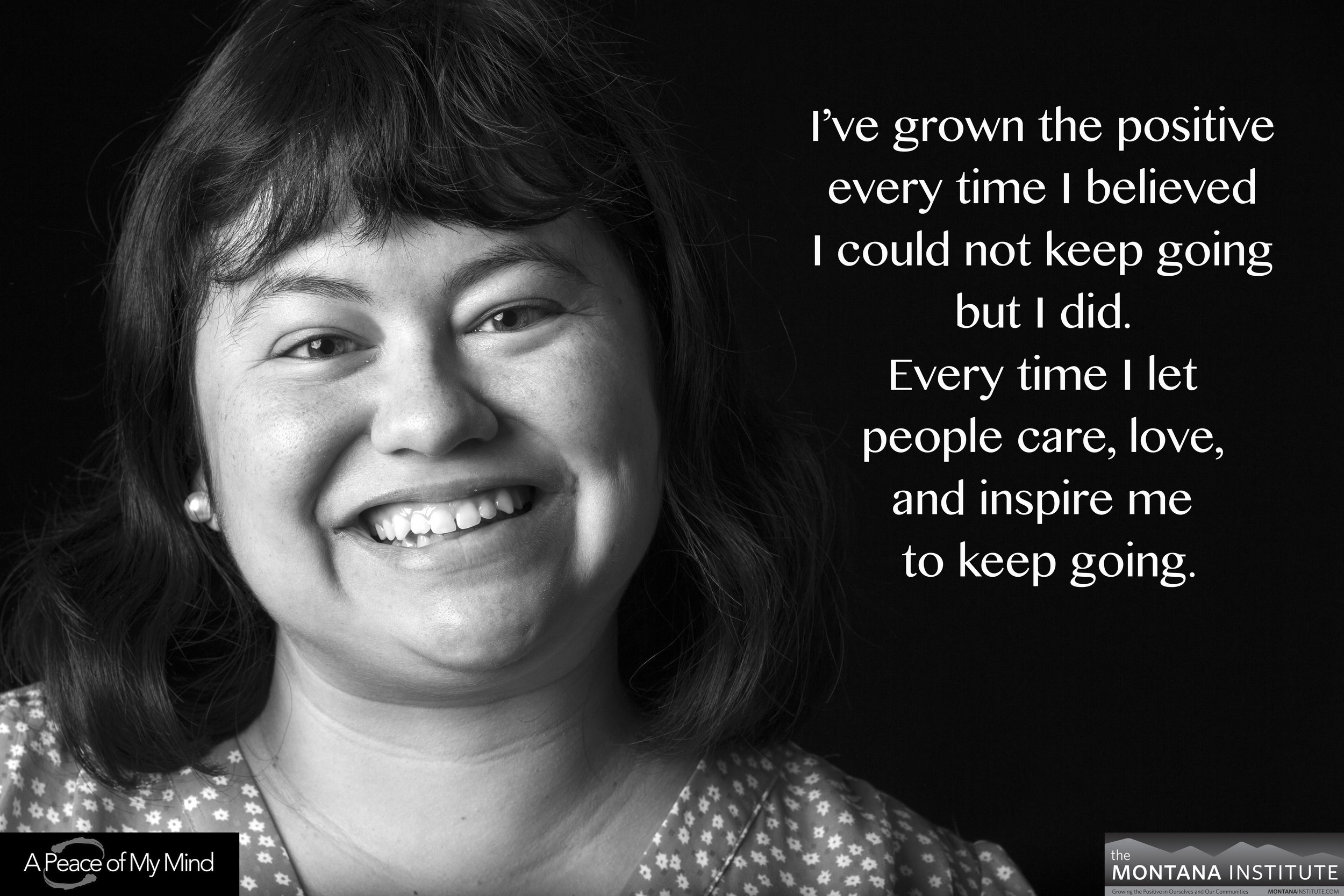We will also share some thoughts on how TMI defines the Core Principles:
BE POSITIVE: The Positive is our natural state. It is who we truly are underneath the defenses and protections we create in response to painful life experiences. To be Positive is to shed these protections to identify and claim who we really are. How we respond to the existence of the Positive within us and others directs our lives: either the Positive is experienced by us in the form of hope, acceptance, love, and forgiveness, or it is not and we find ourselves are guided by fear. Our common quest as individuals, communities, and cultures is defined by how effective we are at directing the positive energies of our lives or, conversely, how busy we become constructing diversions from the truth that we are Positive.
We would add that we like to think about how even though the positive may be our natural state, it doesn't always feel that way in the real world. We are often very problem focused. When we can expand our own lens to include the positive it helps to open new lines of inquiry, new questions that can lead to new and different solutions. It allows us to think about what we can grow and build and expand, instead of just exploring what is broken.
BE PRESENT: The Present is the only reality that exists. By focusing our attention on the current moment, we work with what is, not what was or what might be, creating a readiness for transformation to occur. The positive wholeness that we all long for is not found in a re-interpreted past or a romanticized future – it is only found in the here and now. We often create an illusion of certainty and attempt to control the unknown by focusing on the past or the future. This shuts down the potential for transformation. Life’s conditions are always moving and changing, but only in the Present can we access truth and the Positive.
BE PERCEPTIVE: Perception is everything. What we perceive to be real is what we create in our lives and in the world. The way we perceive something solidifies it as that – whether or not it is an accurate reflection of what is really there. This is why perception is so important. Through attention and effort, we can develop our perceptual ability to see the Positive in every person and situation. We can choose how we perceive things.
BE PURPOSEFUL: When we are Purposeful, we bring positive results into our own lives and hope into the lives of others. We create what we truly seek in our lives by aligning our intentions with positive transformation. To be Purposeful is to be inspired by the potential of the future, not pushed or driven by the past. By consciously choosing positive intentions, we know exactly how to direct our speech and actions to manifest the Positive in the next moment. By being Purposeful we can learn to bring the Positive into being.
Here we would add that we believe that choosing positive intentions helps direct our speech, and that choosing the right words matter as well when telling our own stories and our community's stories. We encourage you to be intentional when choosing your words, asking yourself what you’re trying to impart and why, and the actions you hope these stories will prompt.
BE PERFECTED: Being perfected is not about being perfect. To be Perfected is to understand we are in a process of transformation, moving toward wholeness and community. How often do we let our own needs to be perfect paralyze us from doing anything at all? The path to being Perfected is through humility – the critical skill of consciously choosing to dissolve our limited views in dedication to seeking a deeper reality. We need the courage to be imperfect in order to be made more whole.
BE PROACTIVE: To be Proactive is to actively choose where we place our attention and what actions we will take. We can work to actively create the kinds of conditions where the positive can flourish. By noticing what is happening – both inside and outside ourselves – we transcend reaction, and can instead choose whether and how to respond to our circumstances. Being proactive is critical because it is only with awareness of our reactions and the limits of our current thinking that we create room to see a deeper reality.
BE PASSIONATE: To be Passionate is to unleash the wild and meaningful life our souls desire and be in the moment-to-moment flow of connectedness to others. It is to live out and share with others the energy of being Positive and the gift of being alive. Becoming more Passionate in our growth towards the Positive is one side of the human equation, but a self-help focus is not enough to sustain us. We must also direct our passion toward serving others in order to be whole. It is impossible to create positive transformation in our individual lives without also directing our attention toward positively impacting others, and vice versa.
We’ve both been using the 7 Core Principles to ask ourselves how we get to our why, with Stephanie focused on actions to BE PRESENT and BE PERFECTED and Ben focused on actions to BE PERCEPTIVE and BE PROACTIVE.
Which core principles resonate with you at this moment?
Again, this is an introduction to these ideas, but as a framework, it’s a wonderful place to start. We suspect you will see yourself in these Core Principles as we have and will immediately ask yourself what actions you might want to take to be more aligned with the Principles. We encourage that, especially when you place them in the context of your own Cycle of Transformation.
We also encourage you to learn more about how to apply the Principles and explore taking TMI’s Transformational Leadership Assessment tool, which will allow you further insights into how these Principles are, or can be, integrated into your life as leaders and humans.
And we definitely encourage you to take our workshop, which will be back in the fall. We utilize the assessment throughout the experience, we challenge you to examine your Why and we push you to determine which Actions you can take to become the leaders you want to be.

























